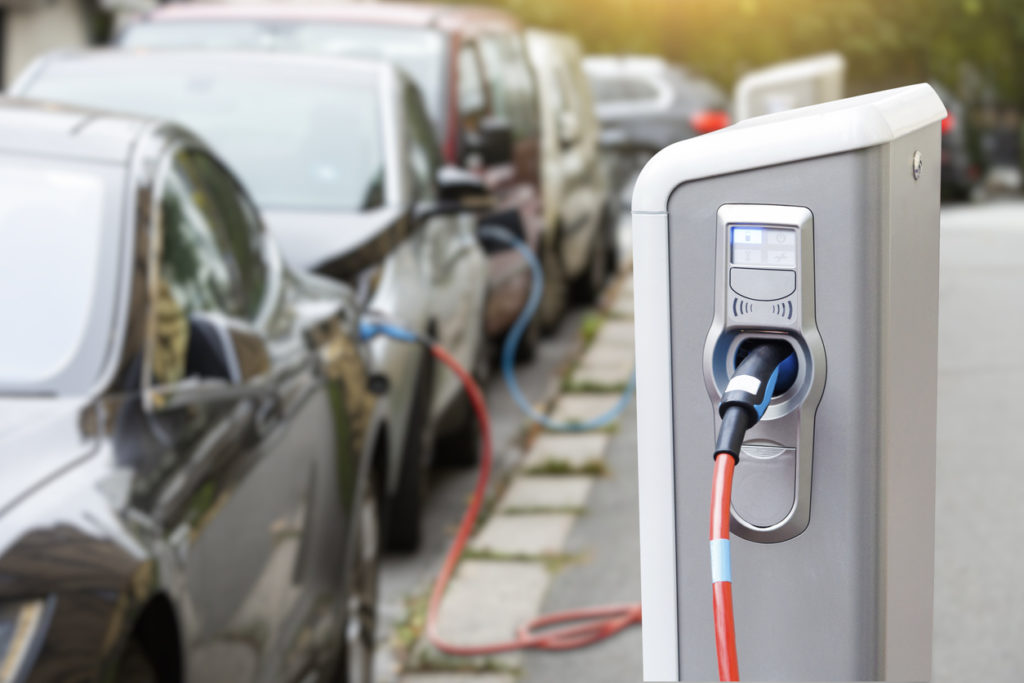
The Washington Post hosts a conversation with Michael Berube, deputy assistant secretary for sustainable transportation at the Department of Energy, and Wes Edens, founder and co-CEO of Fortress Investment Group, about the transition to more affordable, environmentally friendly modes of transportation. Watch the video here, and read a few highlights below:
BERUBE: Well, last year’s infrastructure bill truly was game changing in so many ways. On the electrification front, probably the biggest single item is $7.5 billion towards the EV charging infrastructure build‑out. The Department of Transportation, Department of Energy are working very hard on that with all of the different states and territories for that EV‑charging network. So I think that will provide a lot of confidence for people when they see the growing EV‑charging network. But it really goes beyond that. There’s tremendous funds in the bill for battery supply chain, helping to develop a domestic battery industry, developing the processing the materials here in the U.S. That will help with stability and the cost long term as well. There’s a significant amount of work on electrifying school buses and transit buses, which will help certainly reduce emissions in those sectors but also increases the exposure of people to the technology, increases the demand for domestic batteries, and in some ways, that’s like the tip. Those are the really big marquee programs, but there’s more on top of that that will help, that will help now with regard to electrification.
EDENS: I think we’re the victims of our own success in this country in the interstate highway system. I think actually we made interstate travel by car so easy. It was so inexpensive, relatively speaking. Gas was 30 cents a gallon, whatever. Cars were plentiful and cheap, and we were very successful with it.
EDENS: The U.S. is, quite possibly, the most single attractive rail market in the world that doesn’t really have much of a rail market other than the Northeast Corridor today. So, you know, given the dimensions of the country, the economic prosperity, it’s a very compelling opportunity for folks, and so I think we’ll see a lot of people come in that will be competing with it. And I hope we’ll see railway to all these different city pairs that I’ve mentioned.

